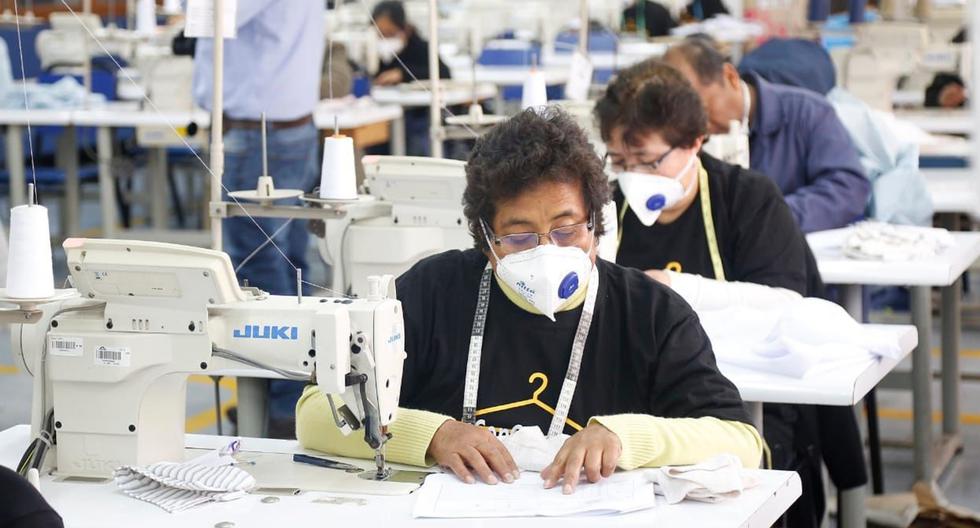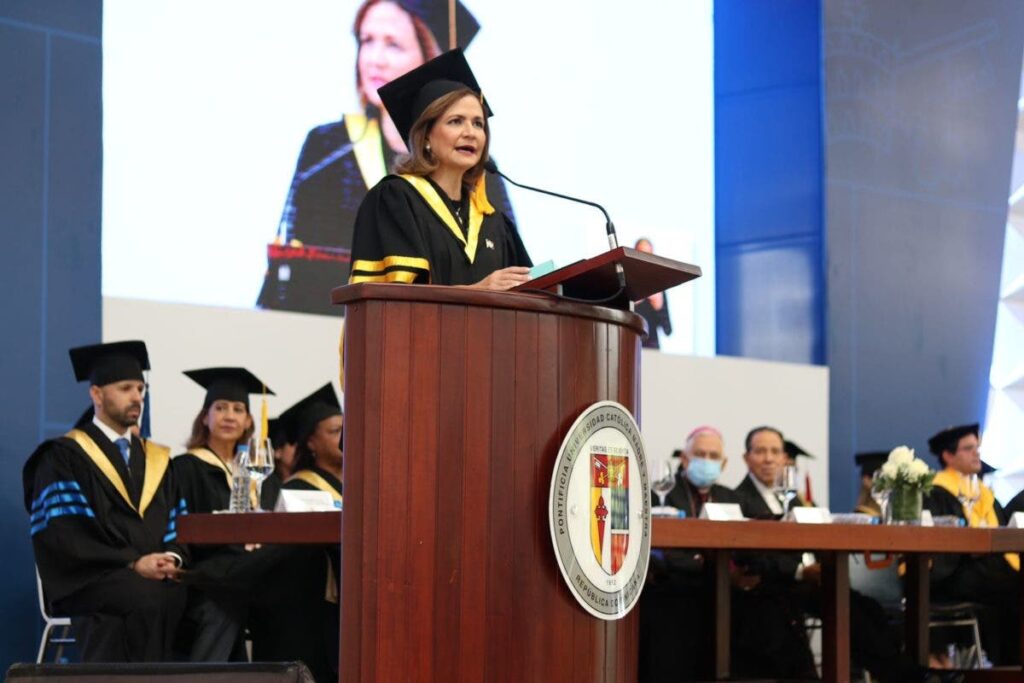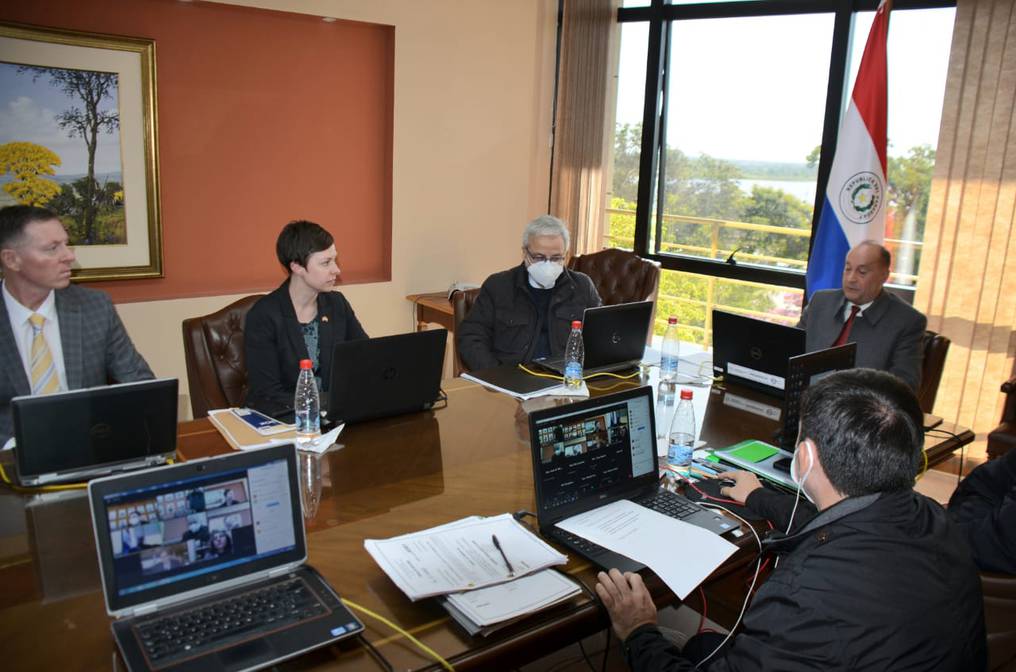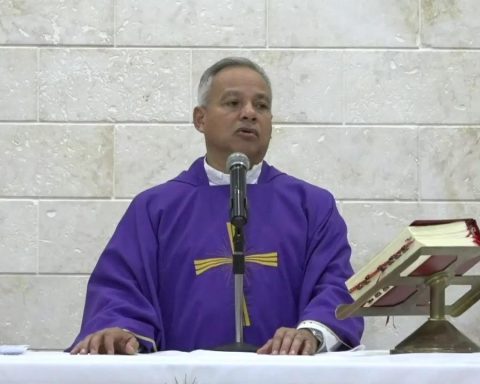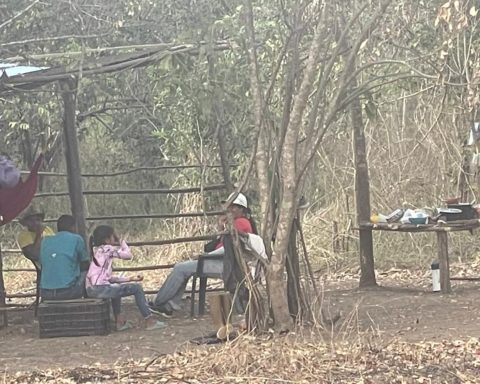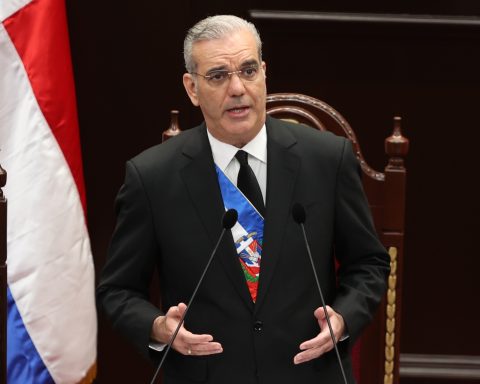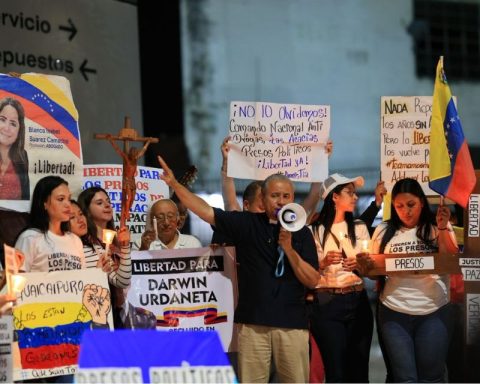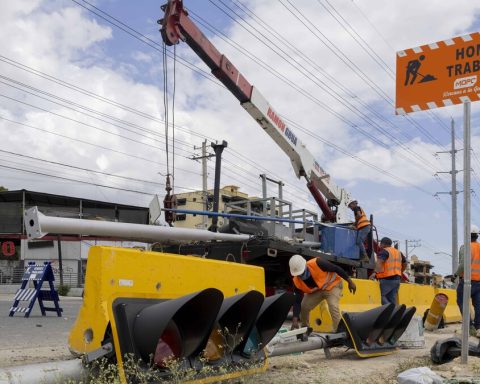The Ministry of Labor and Employment Promotion (MTPE) indicated this Sunday that it approved the Technical Operational Instruments of the multisectoral articulated intervention Wiñay Warmi, in order to promote the closing of gender gaps in access to decent employment and employability conditions for women.
Through Ministerial Resolution No. 161-2022-TR, it is established that these instruments include: the conceptual framework related to the articulation of services; the path of the service packaging; and the prioritized territories.
In addition, to the extension of the reference established in the approved intervention regarding territorial management, which includes the incorporation of services or entities to Wiñay Warmi; and identification of the main indicators of the intervention, within the framework of information management.
The rule specifies that the instruments are framed in the five lines of intervention established in Wiñay Warmi, approved by Supreme Decree No. 007-2022-TR, which are: promotion of employment and self-employment, related to the articulation of services linked to promote decent employment and self-employment by linking labor supply and demand.
Also the development and strengthening of labor skills, related to the articulation of services that allow women to acquire knowledge and develop skills that are demanded by the labor market and that contribute to their employability.
Likewise, the promotion and strengthening of access to care services, related to the articulation of services that promote co-responsibility between the State, the private sector, the community and families in the management and provision of care services.
In the same way, to the promotion of spaces of equality and safe work and training environments, free of discrimination, related to the articulation of services that guarantee compliance with regulations for the prevention, care and punishment of violence at work or training, as well such as gender equity.
Wiñay Warmi will be implemented for 12 months, through the articulation of the services of eight sectors in the territory. To do this, a gradual and progressive sequence in phases is proposed to ensure the results that will be achieved, as well as their sustainability; generating spaces for monitoring, feedback and attention to critical nodes.
